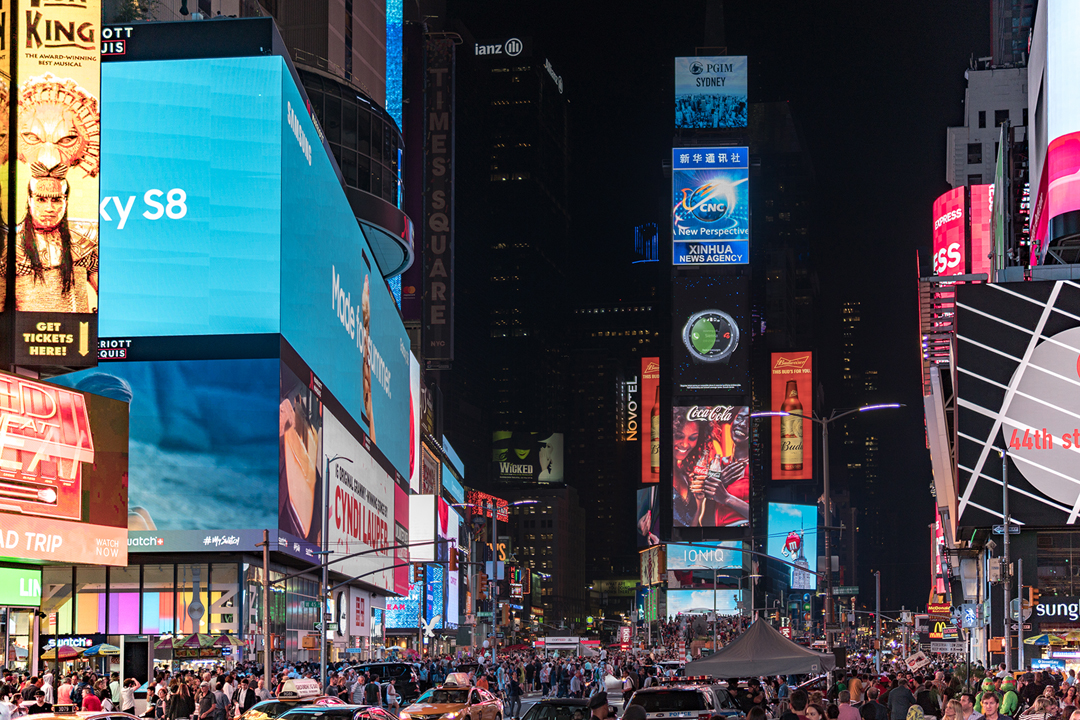The pandemic has penetrated into the world system, looking at the drastic measures of various governments. As of now, Australia and the U.K. declare lockdowns, barring inflow and outflow of people. The U.S. has declared national emergency, stopping all business and social relations in New York and throughout the country. Muslims halt their pilgrim rituals, following visa restriction by Saudi Arabia. These measures re-orientate our relationship intra-state and inter-nations globally.
Re-orientation of the World Order thus far, is happening in THREE ways.
1. Reversal of Hyper-globalisation Process
Hyper-globalisation is the term to describe depth integration of politics, social and economy among actors. The collapse of Berlin Wall 1990, ending decades of Liberal Democracy and Communism rivalry. Since then, globalisation integrates deeper with new actors (including NGOs) from different levels. COVID-19, unfortunately starts from the second largest economic power, China. Wuhan, as a big economic city, has created domino effect to its surrounding cities and countries like South Korea and Japan. States becoming inward thinking, focusing on internal measurement in battling COVID-19.
However, great power rivalry is ongoing and will likely to do so in the future. The intensity would be slowing down due inward looking of government. COVID-19’s possibility to turn into world conflicts is still considered low. When we had the great influenza in 1918-1919, we did not result into World War 2. The Thucydides Trap would not be applicable to COVID-19.
However, COVID-19 manifests stricter controls over movement of people and economy. For once in history, Johor-Singapore Causeway and the Second Link are closed, resulting to hundreds of Malaysians to be stranded in Singapore. Malaysians who are working in Singapore fear of employment prospects, if Restriction of Movement Order (RMO) to be extended. A world of less open, less movement and less prosperity will soon follow if this is not mitigated. Meanwhile, conflictive nature among great powers and states still exist.
COVID-19 will propagate for greater dependence on states individualism and self-centred behaviours. Consistent behaviours as such will undermine globalisation process.
2. Reinstatement of Nationalism and Protectionism.
This relates closely to Re-orientation 1. State leaders have centred their focus into internal health crisis. Governments of South Korea, New Zealand, Singapore and Malaysia are examples that we observe in indicating an increase communication with the public. Visibility of national government is seen to be at the peak in each country. Any action and omission are been scrutinised by the public. Regardless of positive and negative perception of the people, nationalism receives the limelight while countries endure crises. We observe that Malaysia’s political turmoil has been gaining less attention since the Second Wave of COVID-19.
Even before COVID-19 outbreak, U.S. and U.K. adopt protectionism at a great strength. COVID-19 has made U.S. to adopt highest volume of nationalism and protectionism with the Declaration of National Emergency, after a gay pride in Miami receives many backlashes. Boris Johnson has declared ‘virtual’ lockdown (closing all non-essential shops, banning meetings of more than two people and requiring people to stay in their homes, except for trips for food or medicine) days after a Stereophonic Gig concert was held in Cardiff. In last 24 hours (March24th), Tokyo Olympic is rescheduled to 2021.
The saga of mass gathering cancellation allows Protectionism to reign at its highest mode.
3. New Wave of Technology
Face to face interaction happens on a new dimension, involving virtual meetings. Schools and universities around the world resulted into online learning. Firms’ BAU (business as usual) is strongly supported by Zoom, Space, Padlet-based meetings. Consumers began to experiment e-wallet, or online shopping to avoid contacts. While buying at food stores is still a lifestyle, we observe Food Panda and Grab Food to be on its full swing – meeting the demands of paranoid consumers to leave their premise.
We admit that all these technology interaction only in high demands in big cities. Rural areas would still find this interaction new and too sophisticated. People in Penang, Malaysia still prefer to shop at the market, despite being warned and chased down by authorities. Nevertheless, COVID-19 gives an unplanned scenario for people to look further into 21st century interaction.
My arguments serve as a preliminary observation, 13 days after WHO categorized COVID-19 as world’s pandemic. Depending on the longevity and intensity of the pandemic, these three re-orientations might alter in its characters. Hence, this shall not be a conclusive paper, but a preliminary observation that needs to be observed in the few weeks/months to come. On a more pressing note, global recession prospect could not be discounted. This disruptive variable, though is not an additional re-orientation, but will tremendously affect our analysis on all three re-orientation. It is not premature for everyone to embrace for impact



